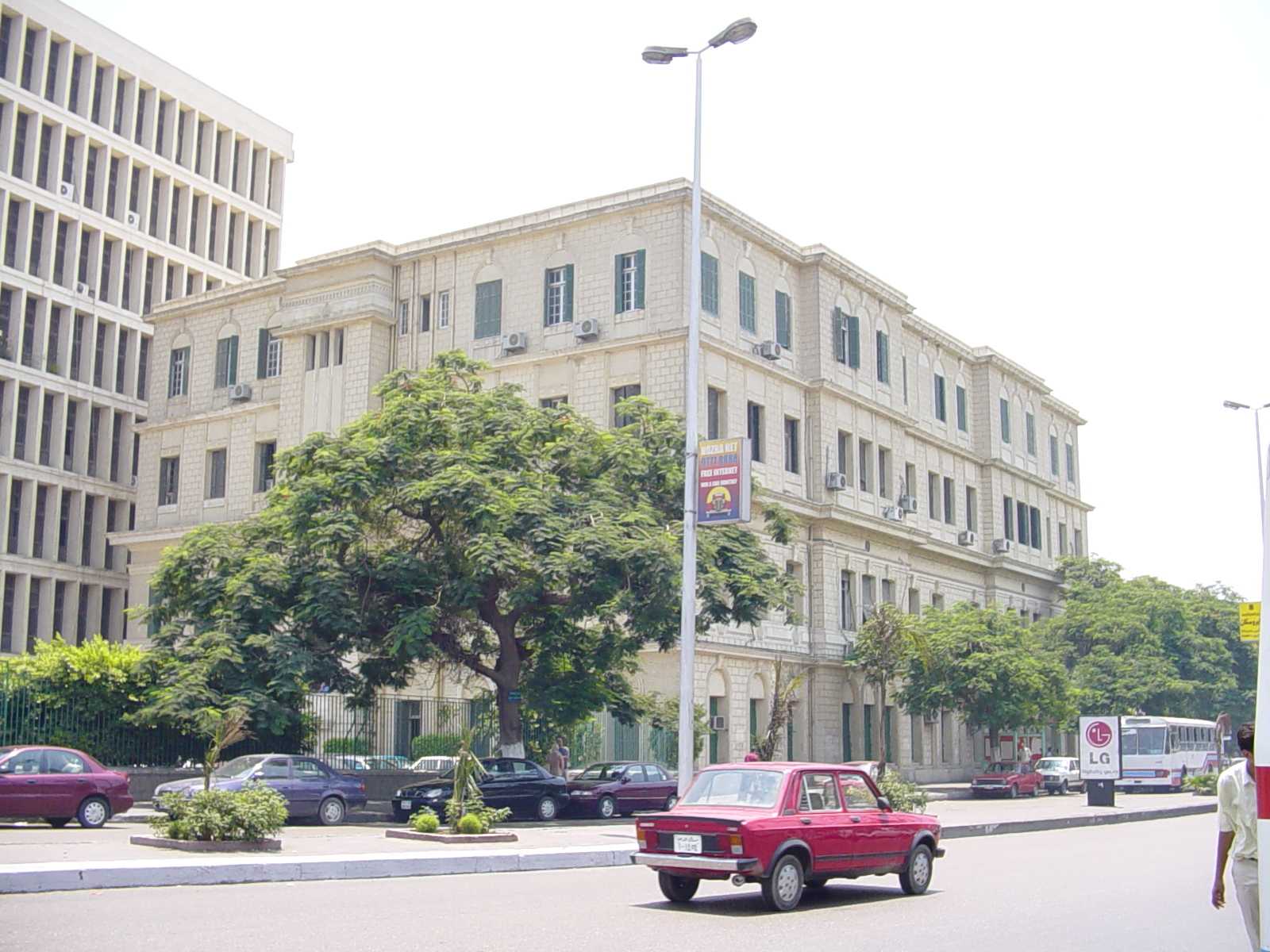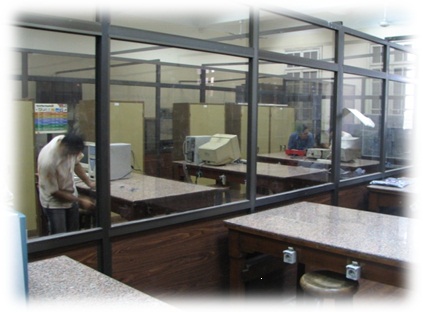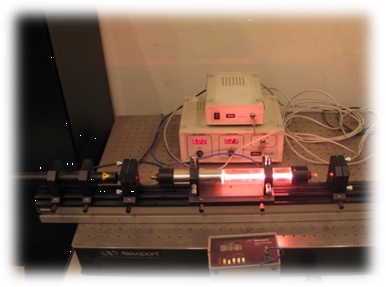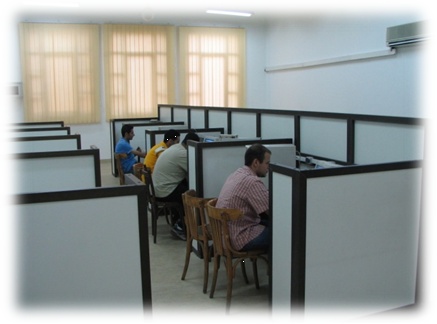Remembering Prof. Fuad Sourial ATIYA, one of the great founders of the EECE Department at Cairo University
Professor Fuad Sourial ATIYA passed away last August, after a life full of academic activities including: teaching, research, and mentoring. For those who knew him and who worked closely with him, they admired his clear thinking, deep knowledge, thorough understanding of concepts and principles, and his continuous pursuit of academic excellence till the very last minute of his existence in the living world. He has also made every possible effort to attend the monthly Departmental Council Meeting, except when his health conditions made it difficult for him to show up.
By the time of the passing away of this great scholar, scientist, and teacher, a detailed CV and recent photo were not available. Thanks to his son, Professor Amir Sourial ATIYA (EECE1982), the following updated information has been provided, and we owe it to to him to make it disseminated to all EECE associates.
Professor Fuad Surial ATIYA
Professor Fuad Surial ATIYA is a distinguished professor in the Department of Electronics and Electrical Communications Engineering (EECE)/Cairo University, who passed away on Tuesday, August 26, 2014. Dr. Fuad is one of the founders of the Department, and had significant contributions in shaping up the Department since its early times, with its courses, curriculum, laboratories, etc. He made fundamental research contributions in many fields, and obtained the Egyptian State’s Research Encouragement Award in 1975 ﺟﺎﺋﺯﺓ اﻠﺪوﻟﺔ اﻠﺗﺷﺟﻳﻌﻳﺔ, the National Medal for Arts and Sciences of the First Degree in 1977 وﺴﺎﻢ اﻠﻌﻠوﻢ واﻠﻔﻨوﻦ ﻣﻦ اﻠﺪرﺟﺔ اﻷﻮﻠﻰ, the Scientific Society of Telecommunication Engineers (SSTE)'s Man of the Year Award in 1999, and the Cairo University’s Appreciation Award in 2008 ﺟﺎﺋﺯﺓ اﻠﺟاﻣﻌﺔ اﻠﺗﻗﺪﻳرﻳﺔ.
Prof. ATIYA obtained his B.S. degree from the Faculty of Engineering, Cairo University in 1945, and his Ph.D. degree from the Swiss Federal Institute of Technology ETH, Zurich, Switzerland in 1952. His Ph.D. thesis, entitled: “Microwave band-pass filters in waveguide” was the first ever waveguide designed as a filter. It was subsequently published as a book. He held a research position at the Laboratories of Brown Boveri company, Baden, Switzerland during 1951-52. He was appointed as an Assistant Professor at the Faculty of Engineering, Cairo University in 1952, then an Associate Professor, and a Professor, all in the Department of Electronics and Electrical Communication Engineering. He also has been appointed as the Head of the Department from September 1982 till August 1984.
During the 1960’s Prof. ATIYA was a Visiting Professor at Munich Technical University, Germany, and was associated with Central Laboratories of Siemens-Halske Company, Germany. Subsequently, he held a research position with the Telecommunications Laboratories of Ericsson, Sweden. He also took part in the design and the planning of the navigation equipment of the Kuwait International Airport. He also spent a few years as a Visiting Professor at Bagdad University, Iraq. During the 1970’s he was Head of the Department of Electrical Engineering at Lagos University, Nigeria. He was active with the Institute of Electrical and Electronic Engineering IEEE in Egypt and Nigeria, where he inaugurated the Nigerian section.
Prof. ATIYA produced outstanding research in the areas of circuit theory, communications, and microwaves. He published tens of papers in journals such as IEEE Transactions on Circuit Theory, Proceedings of the IEEE, International Journal of Circuit Theory and Applications, Archiv der Elektrischen Ubertragung, Wireless World, and IEE Journal of Electronic Circuit Systems. He also published a book on microwave guides in German, and a German – Arabic technical dictionary.
During his professorship, he taught and developed courses for both undergraduate and postgraduate studies: Circuit Theory, Filter Synthesis, Switched Capacitor Networks, Microwaves and Waveguides, Active Electronic Circuits, Telecommunications, Telephone Exchanges (such as Crossbar Systems), Long Distance Transmission by Carrier Systems, Digital Communications, Digital Filters and Digital Signal Processing, Fiber Optics, Principles of Computers, Boolean Circuits, and Neural Networks. He introduced new courses and subjects to the curriculum of the department, such as Digital Communications, and Digital Signal Processing. Moreover, he is the first in the country to introduce a course on Computers. His work on computers started very early, during the 1940’s, where he used an electromechanical computer called “Suze” in his doctorate research. He supervised many M.S. and Ph.D. theses in his areas of interest, and many of his former students became imminent scientists.





